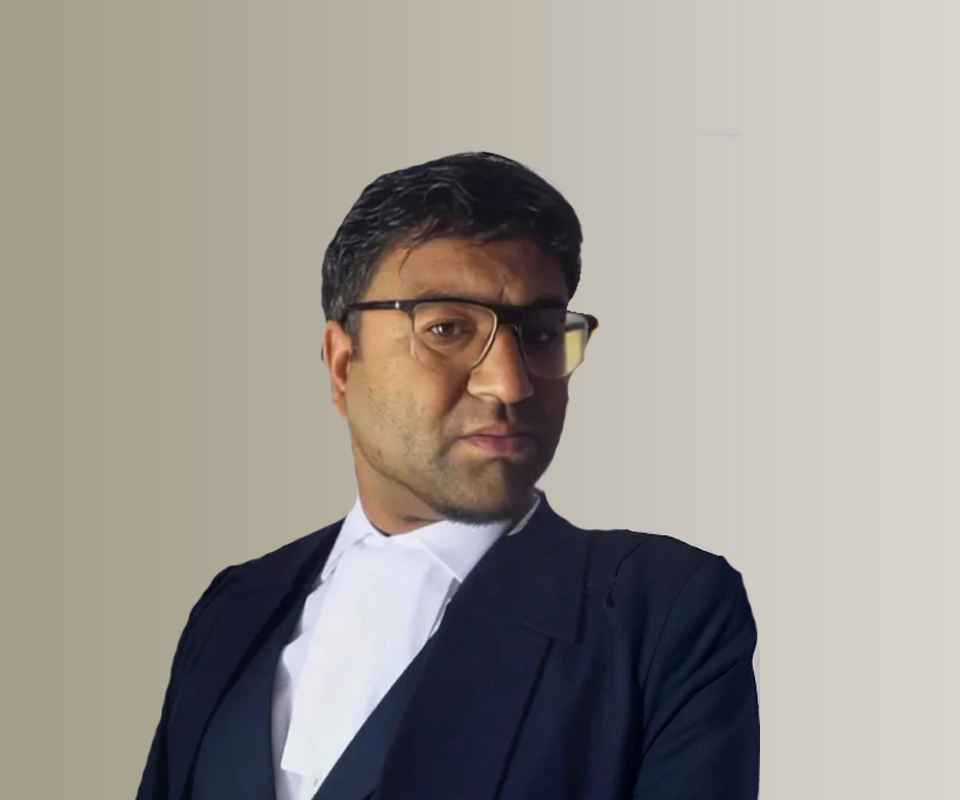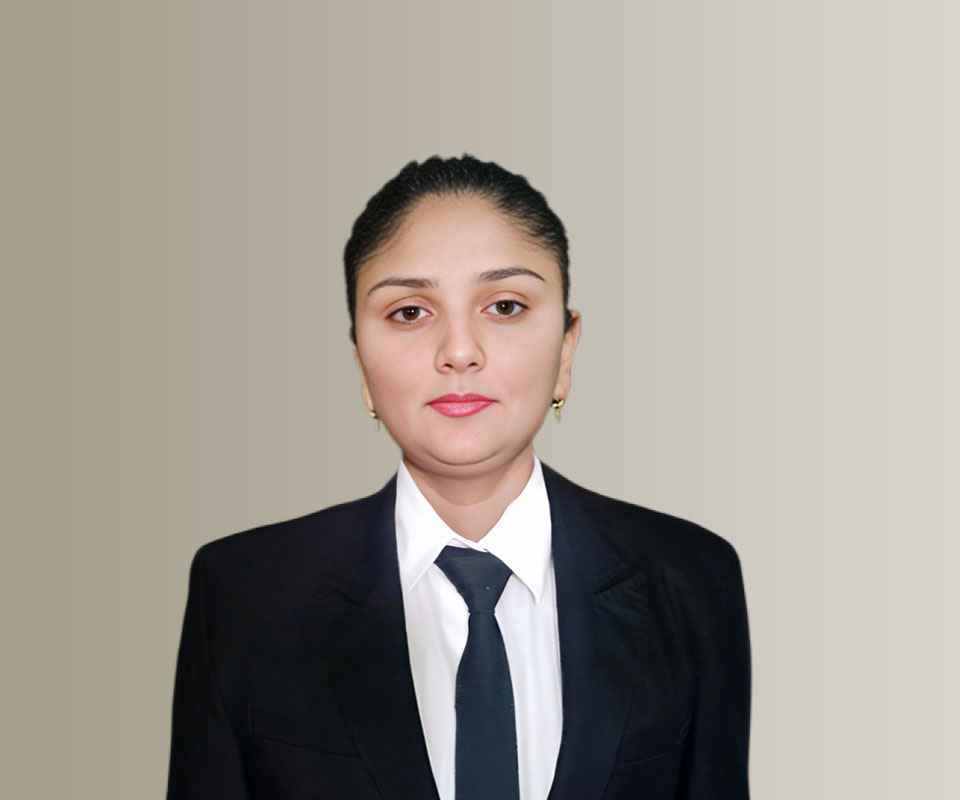Answer By law4u team
People with disabilities face unique challenges in the context of marriage and family law. However, legal protections exist to ensure that individuals with disabilities have the same rights and opportunities as others in marriage, parenting, and family-related matters. These protections aim to prevent discrimination and provide the necessary accommodations to ensure equal treatment within family law.
Key Legal Protections in Marriage and Family Law for People with Disabilities
Marriage Rights and Equal Access
People with disabilities have the same legal right to marry as any other individual. Disability does not prevent someone from entering into a valid marriage. Additionally:
- People with disabilities cannot be denied the right to marry or form a family based on their disability status.
- Disability-related accommodations may be provided for individuals who need assistance during the marriage process (e.g., sign language interpreters, accessible locations for ceremonies).
Example: An individual with a hearing impairment may request an interpreter at their marriage ceremony or during legal proceedings for marriage.
Parenting and Custody Rights
People with disabilities are entitled to parenting rights and custody rights in the same way as individuals without disabilities. Courts must evaluate parenting ability based on the individual’s capacity to care for the child, not their disability. However:
- Reasonable accommodations may be made in situations like custody battles or visitation rights to ensure a fair process.
- Courts will not assume that an individual with a disability is unfit to parent solely based on their condition; a proper assessment of their parenting abilities will be conducted.
Example: A parent with a visual impairment may receive support in the form of adaptive tools for childcare or assistance in maintaining a safe environment for their children.
Guardianship and Decision-Making
If a person with a disability is unable to make decisions for themselves due to their condition, they may be assigned a guardian. Legal guardianship may apply in circumstances like:
- A guardian may be appointed to manage personal or financial affairs for someone who is unable to make these decisions independently.
- Guardianship must be determined based on the individual's needs and condition, ensuring that the rights of the person with a disability are respected.
Example: A person with a cognitive disability may be appointed a legal guardian to help them make decisions related to healthcare or financial matters.
Divorce and Spousal Support
People with disabilities have the right to file for divorce and to seek spousal support or alimony, just as individuals without disabilities. Additionally:
- Spousal support may be awarded to individuals with disabilities who are unable to financially support themselves after a divorce.
- Disability may also be considered when determining how assets are divided, especially if the disability limits the ability to work.
Example: A person with a physical disability who cannot work may be entitled to alimony after divorce to help support their living needs.
Protection Against Discrimination in Family Law
Laws like the Americans with Disabilities Act (ADA) protect individuals with disabilities from discrimination in family law matters. This includes:
- Ensuring reasonable accommodations are provided during court hearings, divorce proceedings, and custody evaluations.
- Preventing discrimination based on a person’s disability when determining custody, visitation, or support payments.
Example: A blind individual may request assistance from a court-appointed aide during proceedings to ensure they have full access to documents and information being discussed.
Access to Family Planning and Reproductive Rights
People with disabilities have the right to make decisions about family planning and reproductive health. This includes:
- The right to birth control and family planning services without discrimination.
- Legal protections against involuntary sterilization or restrictions on reproductive rights.
Example: A woman with a developmental disability cannot be forced into sterilization or denied access to contraceptive options based on her disability.
Social Services and Support
People with disabilities may be entitled to social services and support to assist in family life. These services can include:
- Home health care and personal assistance services to help individuals with disabilities care for children or manage household responsibilities.
- Financial assistance programs for families with disabilities, such as Social Security Disability (SSD) benefits or Supplemental Security Income (SSI) for children with disabilities.
Example: A family where a parent has a severe disability may be eligible for home health aides to help with household chores and child-rearing.
Example
Sarah is a mother with a mobility impairment who shares custody of her children with her ex-husband. Despite her disability, the court ruled in favor of her equal parenting rights, as she demonstrated the ability to care for her children. The court also approved accommodations such as a wheelchair-accessible vehicle and adaptive parenting tools to assist her in meeting her children's needs. Sarah continues to share joint custody and is entitled to spousal support to help with expenses, as her disability limits her ability to work full-time.
Conclusion
Legal protections for people with disabilities in the context of marriage and family law ensure that individuals with disabilities can fully participate in family life without facing discrimination. From marriage rights to parenting and custody rights, the law guarantees that people with disabilities are treated equally and provided with the necessary accommodations to maintain family relationships. These protections are designed to promote independence, equal access, and the dignity of people with disabilities within the family and societal structure.







